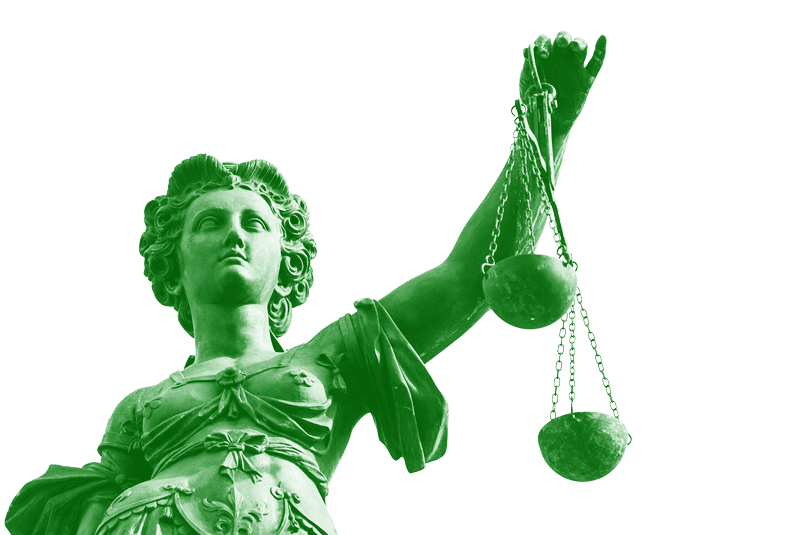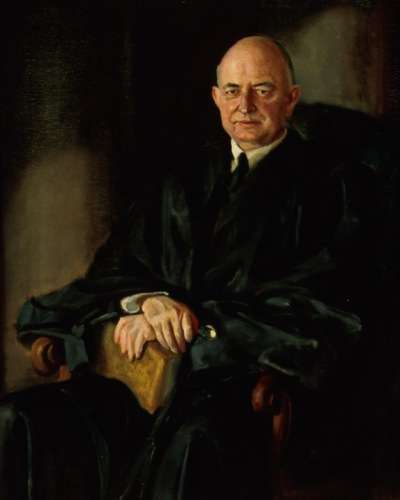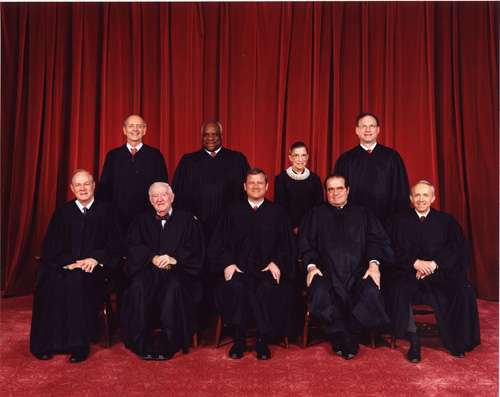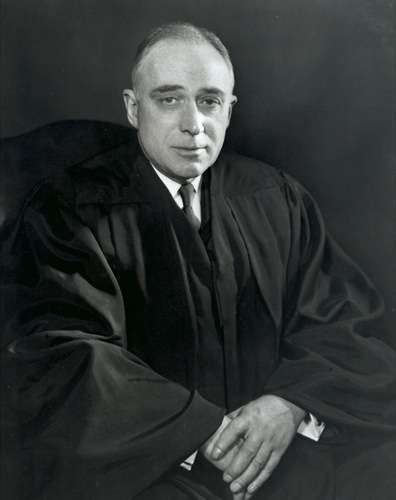The Colorado Supreme Court and Maine's Secretary of State have both declared that former President Donald Trump is disqualified from being on Republican primary ballots in 2024 because of his role in the events that led to the January 6, 2021 riot at the Capitol Building when the electoral votes from the 2020 presidential election were being counted. This is a hard question, which I have thought carefully about for months now and here is my final conclusion.
An early draft of Section 3 of the Fourteenth Amendment provided in effect that: "No person shall be President or Vice President, Senator or Representative, or elector of President of President and Vice President or hold any office, civil or military, under the United States, or under any State, or as a Member of any State Legislature, or as any executive or judicial officer who, having previously taken an oath to support the Constitution of the United States shall have engaged in insurrection or rebellion against the same, or given aid or comfort to the enemies thereof.
The words "President or Vice President" were deliberately edited out of the final version of Section 3 of the Fourteenth Amendment. This, together with the disqualification of presidential electors and vice-presidential elector who have engaged in "insurrection or rebellion" makes it clear that the Framers' of Section 3 did not intend for it to apply to presidents or vice presidents who engaged in insurrection.
This impression is augmented by the fact that Section 3 methodically applies in order from the highest office to the lowest office. Section 3 first disqualifies insurrectionist Senators and then Representatives. It then disqualifies all appointed civil or military officers; it then disqualifies insurrectionists from serving as a member of any State legislature, and it finally disqualifies insurrectionists from serving as State executive or judicial officers. This careful hierarchy suggests that the phrase "or hold any office, civil or military, under the United States" does not apply to the President or Vice President, but applies only to appointed federal officers.
This fact is further confirmed by the Appointments Clause of Article II, Section 2, which says [The President shall nominate, and by and with the advice and consent of the Senate shall appoint Ambassadors, other public Ministers and Consuls, Judges of the Supreme Court, and all other Officers of the United States." The President does not appoint himself so obviously he is not an Officer of the United States under the Appointments Clause.
Moreover, the Commission clause of Article II, Section 3 says that "[T he President] shall" i.e. must, "Commission all the Officers of the United States." No President has EVER commissioned himself or his Vice President either before or after the adoption of the Fourteenth Amendment. The President is obviously not an Officer of the United States for the purposes of the Commission clause.
Finally, Article II, Section 4 provides that: "The President, Vice President and all civil Officers of the United States" shall be liable for impeachment. Note here that the text does NOT say: "The President, Vice President, and all other civil Officers of the United States. Once again, Article II does not treat the President and Vice President as being merely civil officers. It instead treats them as stand-alone officers like the King of England or the Prince of Wales.
Just as Section 3 of the Fourteenth Amendment contains a hierarchy of officers, so too does Article II in the Appointments Clause, the Commission Clause, and the Impeachment Clause making it crystal clear that the President and Vice President are not civil officers of the United States.
They are sui generis like the King of England and the Prince of Wales.
Finally, consider that the oath taken, which must be broken to engage the Disqualifications Clause is an oath "to support the Constitution." This oath appears in Article VI, Section 3 of the Constitution and applies to Senators, Representatives, and all executive and judicial officers both of the United States and of the several States. The President, in contrast, takes a special oath "to the best of my ability," to "preserve, protect and defend the Constitution of the United States." The difference in the words of the presidential oath of office from the other specified in Article VI, Section 3 is additional powerful evidence that the President and Vice President are not covered by Section 3 of the Fourteenth Amendment.
The only evidence that the President is a civil officer of the United States is two-fold and is in both cases underwhelming to say the least. During the Senate floor debate on Section 3 a Senator objected that insurrectionist Presidents are not covered by the Disqualification Clause. Another Senator then said the President was covered because he was a civil officer of the United States. This is an embarrassingly thin reed for the proponents of presidential disqualification to grasp onto, since the Congress itself voted to strike the words president and vice president from Section 3 of the Fourteenth Amendment. It has been decades since the Supreme Court, under the leadership of Justice Scalia and Chief Justice Roberts started ignoring such floor colloquies, which are often staged for the benefit of the courts, in favor of the plain meaning of the legislative text.
The second and even weaker argument is that the presidency is described in Article II as being "an office" and therefore the President must be an officer. Many people hold offices under the Constitution and statutes of the United States. FBI agents for example hold an office and are officials, but they are not officers of the United States. If they were, Congress could put them in the line of succession to the presidency. It could also impeach them and the Senate could by a two-thirds vote remove them. By now we are getting to the land of the absurd! Officers of the United States and individuals who happen to hold an office are two very different kettle of fish.
I believe that I have conclusively proved that the President and Vice President are not covered by the Disqualification Clause. I turn next to whether the events of January 6, 2021 were an insurrection. No-one would contend they were a rebellion, which requires the use of armed paramilitary force to overturn the election.
Noah Webster's First Edition 1828 Dictionary of American English defines "insurrection" as follows:
INSURREC'TION, noun [Latin insurgo; in and surgo, to rise.]
- A rising against civil or political authority; the open and active opposition of a number of persons to the execution of a law in a city or state. It is equivalent to sedition, except that sedition expresses a less extensive rising of citizens. It differs from rebellion, for the latter expresses a revolt, or an attempt to overthrow the government, to establish a different one or to place the country under another jurisdiction. It differs from mutiny, as it respects the civil or political government; whereas a mutiny is an open opposition to law in the army or navy. insurrection is however used with such latitude as to comprehend either sedition or rebellion.
It is found that this city of old time hath made insurrection against kings, and that rebellion and sedition have been made therein. Ezra 4:19.
Webster's defines a riot as follows:
RI'OT, noun
- In a general sense, tumult; uproar; hence technically, in law, a riotous assembling of twelve persons or more, and not dispersing upon proclamation.
The definition of riot must depend on the laws. In Connecticut, the assembling of three persons or more, to do an unlawful act by violence against the person or property of another, and not dispersing upon proclamation, is declared to be a riot. In Massachusetts and New Hampshire, the number necessary to constitute a riot is twelve.
The events of January 6, 2021 occurred for three-and-one-half hours in one city only in the United States, Washington D.C., and not as an overall insurgency in multiple cities across the United States. The crowd was not carrying firearms and it dispersed when then President Trump asked for it to disperse. While the interruption of the counting of electoral votes is inexcusable as is the death that day of five persons and the injury of dozens of others, the fact of the matter is that the events of January 6, 2021 were more akin to a riot than they were to a systematic planned-out "insurrection or rebellion." Section 3 of the Fourteenth Amendment use the words "insurrection" or "rebellion as synonyms. The canon of construction of noscitur a sociis, a word derives its meaning from the company it keeps applies here. The kinds of "insurrections" described in Section 3 are akin to "rebellions" as the paradigm case of the onset of the Civil War makes clear. The events that occurred on or about January 6, 2021 were very, very bad, but they were not an insurrection or rebellion.
Moreover, President Trump understandingly himself believed that mail-in voting had led to widespread fraud and abuse, which had caused him to lose the 2020 presidential election notwithstanding the fact that he received more votes than Barack Obama had received in 2008. While this does not excuse what happened on or about January 6, 2021, it does mean that President Biden or his successor should pardon Trump for any crimes he may have committed during his tenure in office as was done with President Richard M. Nixon. President Trump has a committed base of followers, which amounts to 40% of the U.S. population. He is beating President Biden with 51% of the vote in some opinion polls. One cannot and should not jail a 77-year old former President of the United States under these circumstance. Accordingly, President Trump should be pardoned in the same broad way as was President Richard M. Nixon. I say this as a Nikki Haley supporter and not as a follower of former President Trump.







Show Comments (411)